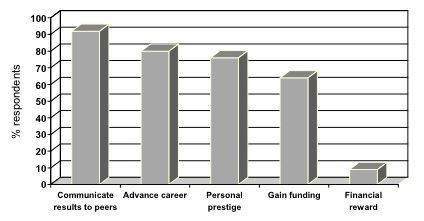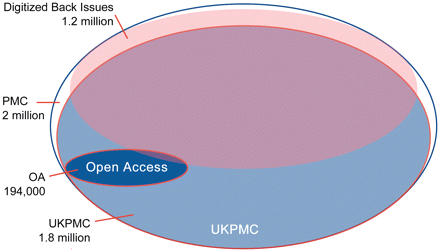
In early December Knowledge Exchange, a partnership of JISC (United Kingdom), SURF (Netherlands), DEFF (Denmark), and DFG (Germany) released a report on submission fees that they had commissioned to Mark Ware Consulting. The report was also discussed by Robert Kiley on the UK PubMed Central blog and by Phil Davis on the Scholarly Kitchen blog. Submission fees are more common than I thought, particularly in economics and the life sciences.


